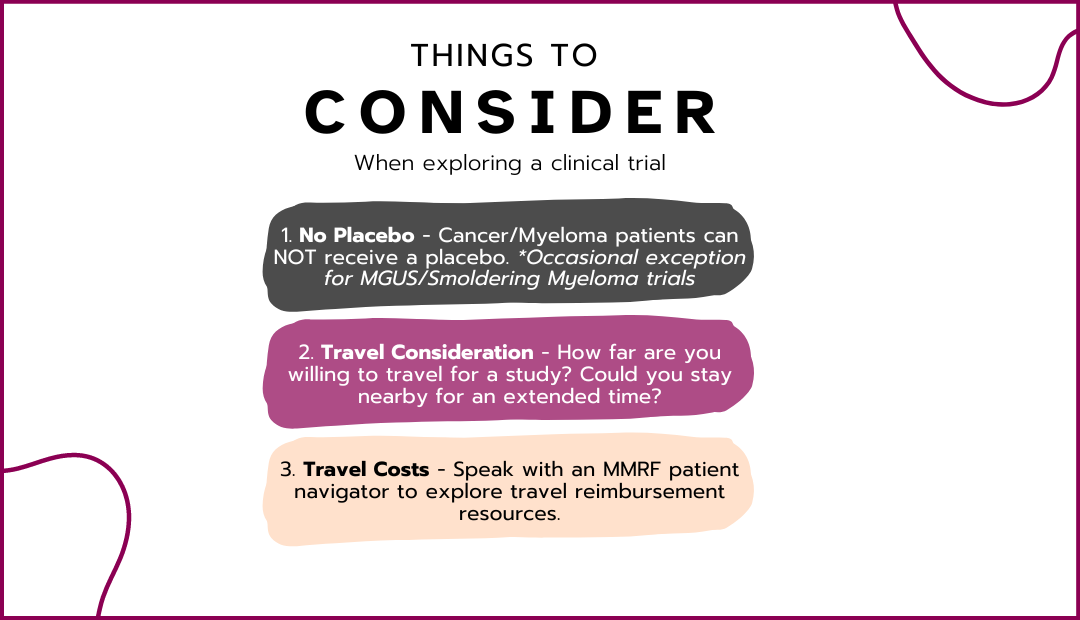A Trial of Selinexor, Ruxolitinib and Methylprednisolone
NCT06225310
Age Any Age.
Sex Both
Phase Phase 1
Third Opinion Trial Synopsis
In this clinical study, researchers are exploring a new treatment approach for patients with a specific type of blood cancer. The study focuses on a combination of therapies that aim to improve patient outcomes and potentially lead to better management of the disease. Here are some key points about the study:
- The study investigates a unique combination of existing treatments, which may enhance their effectiveness when used together.
- It includes a diverse group of participants, allowing researchers to gather data on how different individuals respond to the treatment.
- One of the standout features of this trial is its focus on personalized medicine, tailoring treatment plans based on individual patient characteristics.
- The study aims to assess not only the effectiveness of the treatment but also its safety and tolerability in patients.
- Researchers are utilizing advanced monitoring techniques to track patient responses and adjust treatments as necessary.
Third Opinion AI Generated Synopsis
Trial Summary
Selinexor, a first-in-class, oral selective exportin 1 (XPO1) inhibitor, has shown promise in pre-clinical and clinical studies. It functions by inhibiting the nuclear export protein XPO1, resulting in the accumulation of tumor suppressor proteins and inhibition of oncoprotein mRNAs, which is selectively lethal to myeloma cells. Selinexor has demonstrated activity in combination with various drugs, including glucocorticoids and proteasome inhibitors, leading to its FDA approval for the treatment of relapsed or refractory multiple myeloma.
Selinexor, a first-in-class, oral selective exportin 1 (XPO1) inhibitor, has shown promise in pre-clinical and clinical studies. It functions by inhibiting the nuclear export protein XPO1, resulting in the accumulation of tumor suppressor proteins and inhibition of oncoprotein mRNAs, which is selectively lethal to myeloma cells. Selinexor has demonstrated activity in combination with various drugs, including glucocorticoids and proteasome inhibitors, leading to its FDA approval for the treatment of relapsed or refractory multiple myeloma.
from ClinicalTrials.gov
Locations & Contact
Fill out the form and to let the Multiple Myeloma Research Foundation know you are interested in this trial.
Contacts:

